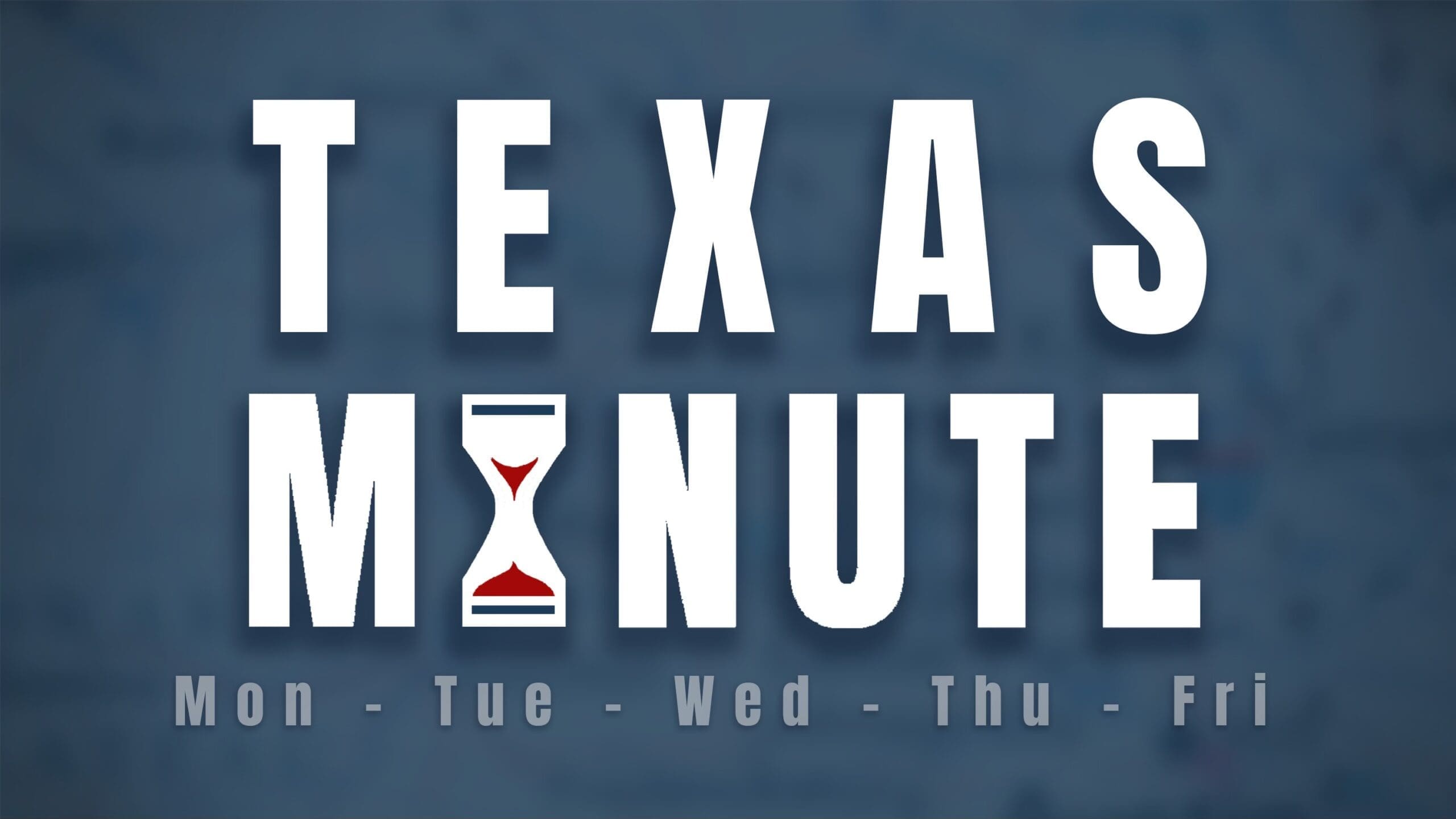According to the Fort Worth Star Telegram, the City of Arlington is facing a $13 million budget shortfall due to falling property and sales tax revenue caused by the recession. The City, however, is expected to balance its budget this year by withdrawing $1.5 million from its reserves and maintaining $3 million in job vacancies.
City Manager Jim Holgersson has reportedly said that, “no one knows when the housing market and employment figures will improve.” Because of this economic uncertainty Holgersson has repeatedly called for a “1 percent across-the-board pay cut and reduced contribution to employee pension plans during the coming fiscal year.” These cuts would’ve saved about $1.3 million and $1.2 million respectively according to the Star-Telegram.
Holgersson’s proposal would’ve been the economically prudent thing to do; however, doing the economically prudent thing normally doesn’t fly with local politicians as we have seen recently in Lubbock and Denton.
Arlington City Councilman Mel LeBlanc felt that the city manager’s proposed cuts were “too drastic because some economists are forecasting that recovery is around the corner.” He went on to say that “[the city council’s] projections in revenue are way too conservative.” He also claimed that it’s important to “keep employee morale strong as we move into a possible economic recovery.”
The mindset of Councilman LeBlanc reflects a mindset shared by most politicians and bureaucrats in every level of government. Since governments don’t have to worry about profits, they are, for the most part, isolated from the economic realities caused by recessions that private business owners have to deal with on a daily basis. This makes it a sin for government employees to take a 1 percent pay cut even if that means digging into a rainy day fund or not hiring more people to perform essential city services.
This mindset is nothing new, however. Politicians and bureaucrats will do anything to avoid pay cuts or program funding cuts. Chris Edwards of the CATO Institute recently reported that federal civilian worker compensation was more than double the private sector average in 2008 when you include worker benefits and they are showing no signs of going down. One has to wonder what these workers are getting paid so much to do. It seems that they don’t really do much. Michael Quinn Sullivan points out in his blog post from August 26th that while funding for public education in Texas has increased nearly 113% since 1998, most of this increase has gone towards non-teacher salaries resulting in very little to show for in terms of improved test results. It seems most of our tax dollars goes towards funding an elite government workforce that is anti-productive at best.
Unfortunately the government sector is growing at a breakneck pace. While we should be cutting back on non-essential government employees, we are instead increasing their numbers and giving them raises. You would think that in this economic climate there would be more public outrage, but with a lapdog media it’s easy for politicians to get away with this highway robbery because all they have to do is claim that some economists are predicting a possible economic recovery.



